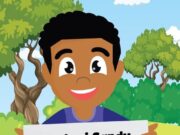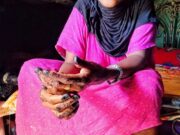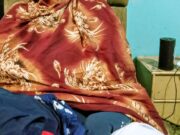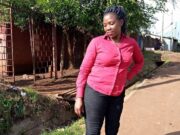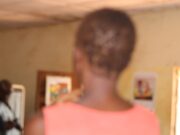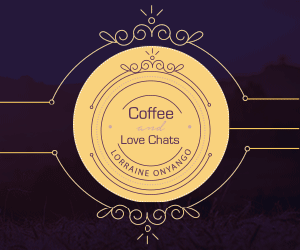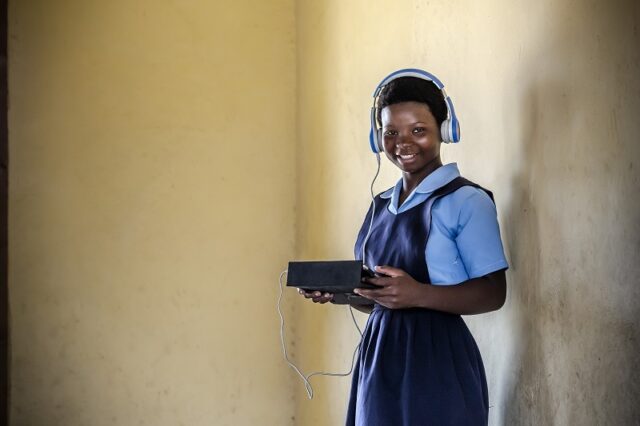
Until last year, the students at Eliya Chimthengo Primary School in Dedza had never heard of digital learning. Their studies were conducted with one or two old and worn textbooks that were shared amongst a class of 60. Often, there would be only three or four in a class. Teaching is basic, with teachers instructing on a chalk board without visual prompts or the stimulation of creative teaching material.
This changed in 2020 when the UN Joint Programmes on Girls’ Education, funded by the Royal Norwegian Embassy, launched a digital learning platform in the school. This e-learning aims to ensure that adolescent girls and boys at the school have access to sexual reproductive health and rights and can access information and available services crucial to their development into young adults.
Harmful traditions fuelling teen pregnancies
Like in much of Malawi, adolescent girls in Dedza district are negatively impacted by sociocultural norms and harmful traditional practices in their area, and the risk of harm is high. In Malawi, 25 percent of young girls aged 15 to 19 have children. A startling 40 percent will have given birth before reaching the age of 18.
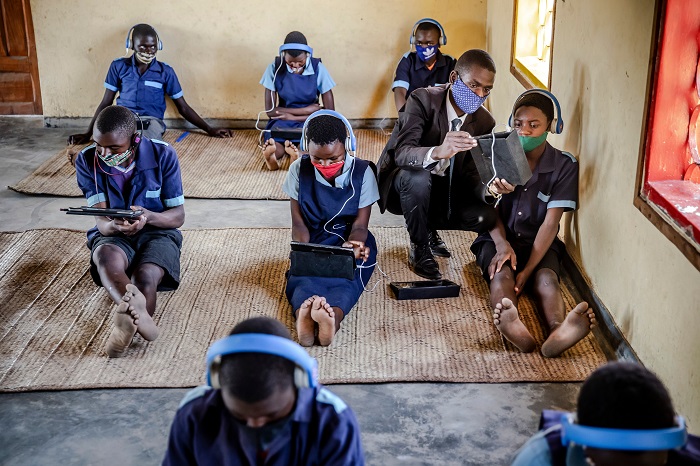
This joint programme is working to reverse this threat. By engaging girls early, it is impacting on the decisions young girls make about their sexual and reproductive health and rights. Students from standard six to eight are now learning comprehensive sexuality education to protect them from dropping out of school due to early pregnancy and shield them from sexual and gender-based violence.
Digital devices helping teens access SRHR information
Access to digital content and devices has excited many students at the school. Cynthia Kachepa (12) is one of the students taking part in the sessions.
“From the information I got through the lessons, I am now able to make decisions about my life and my body,” she says. “In addition, I have also learnt much about how to take care of my body as I grow up and how to keep clean during my period.”
Esnart Lyton (16) also sings the praises of the digital learning forum. “For me, the most important thing I learnt is how to avoid unplanned pregnancies. I wish we had many girls in the area taking part in this course as the problem is very big in this community,” she says.
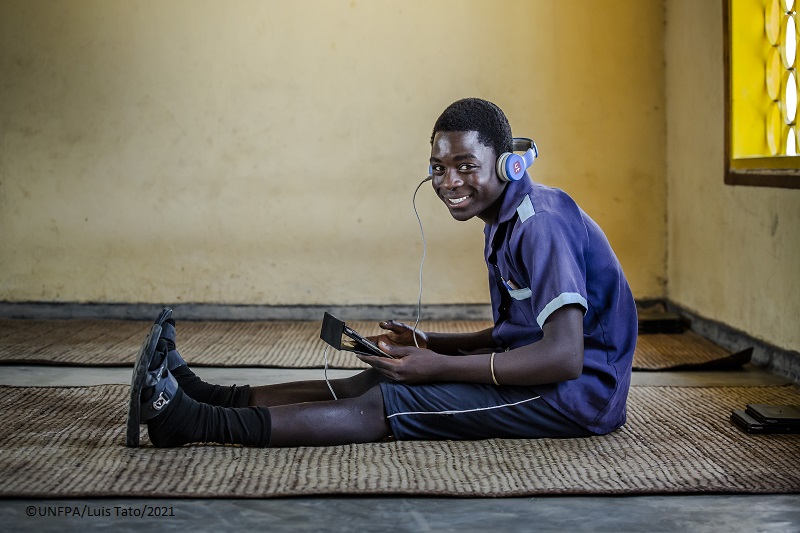
Apart from girls, many boys are also taking part in the digital learning classes. One of the boys is 16-year-old Macdonald Oliyeri.
“Some boys my age are already married. It could have been the same for me if it wasn’t for this course,” he says. “It has opened my eyes and helped me stay focused on my education.”
The early success of the pilot in 26 schools has led to plans to scale up the initiative to another 20 schools in 2022, when more young girls and boys will be able to access more information on their sexual and reproductive health and rights and access content that will help protect them from harmful practices that threaten their healthy development into adulthood.
Source: United Nations Population Fund (UNFPA) Malawi.




